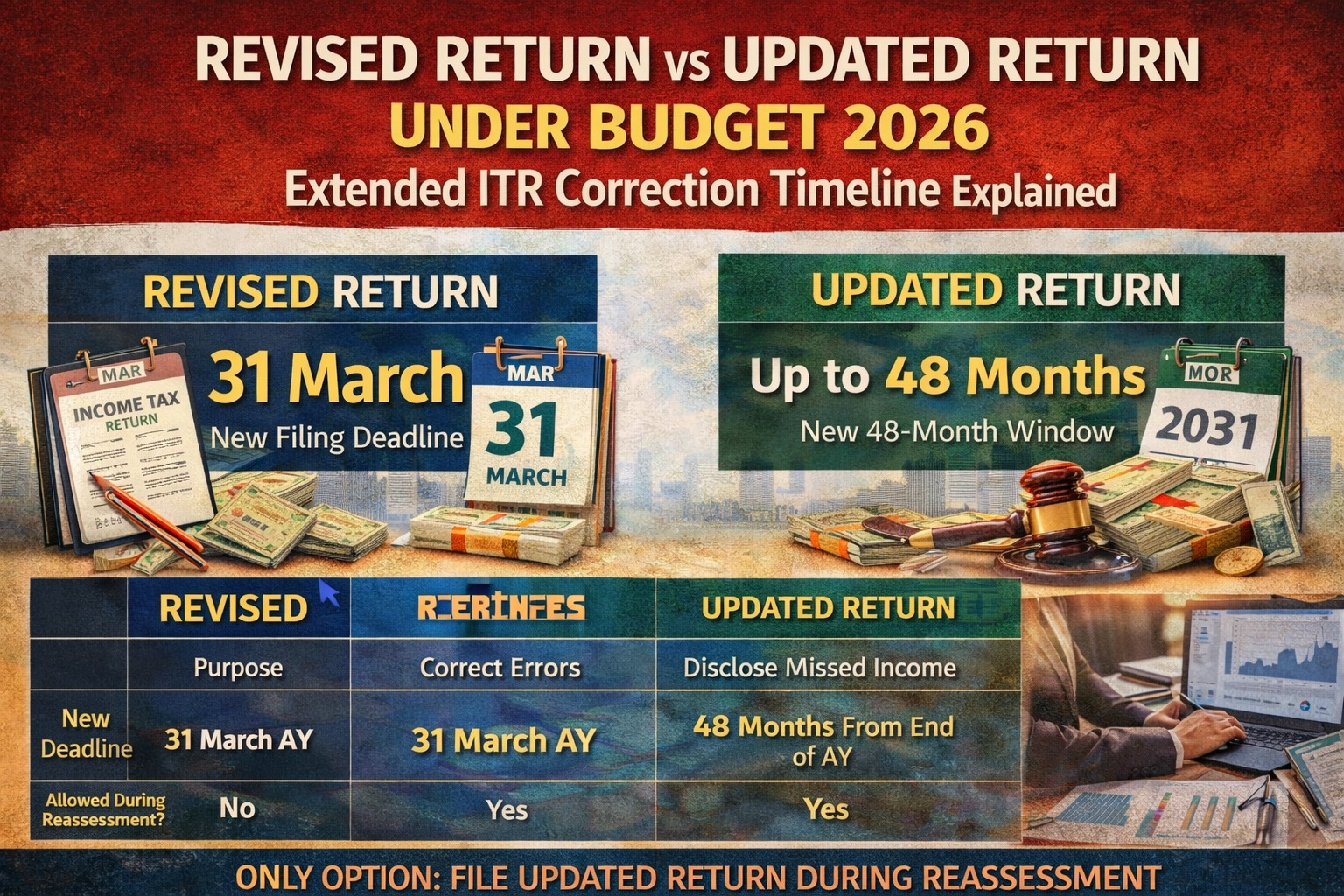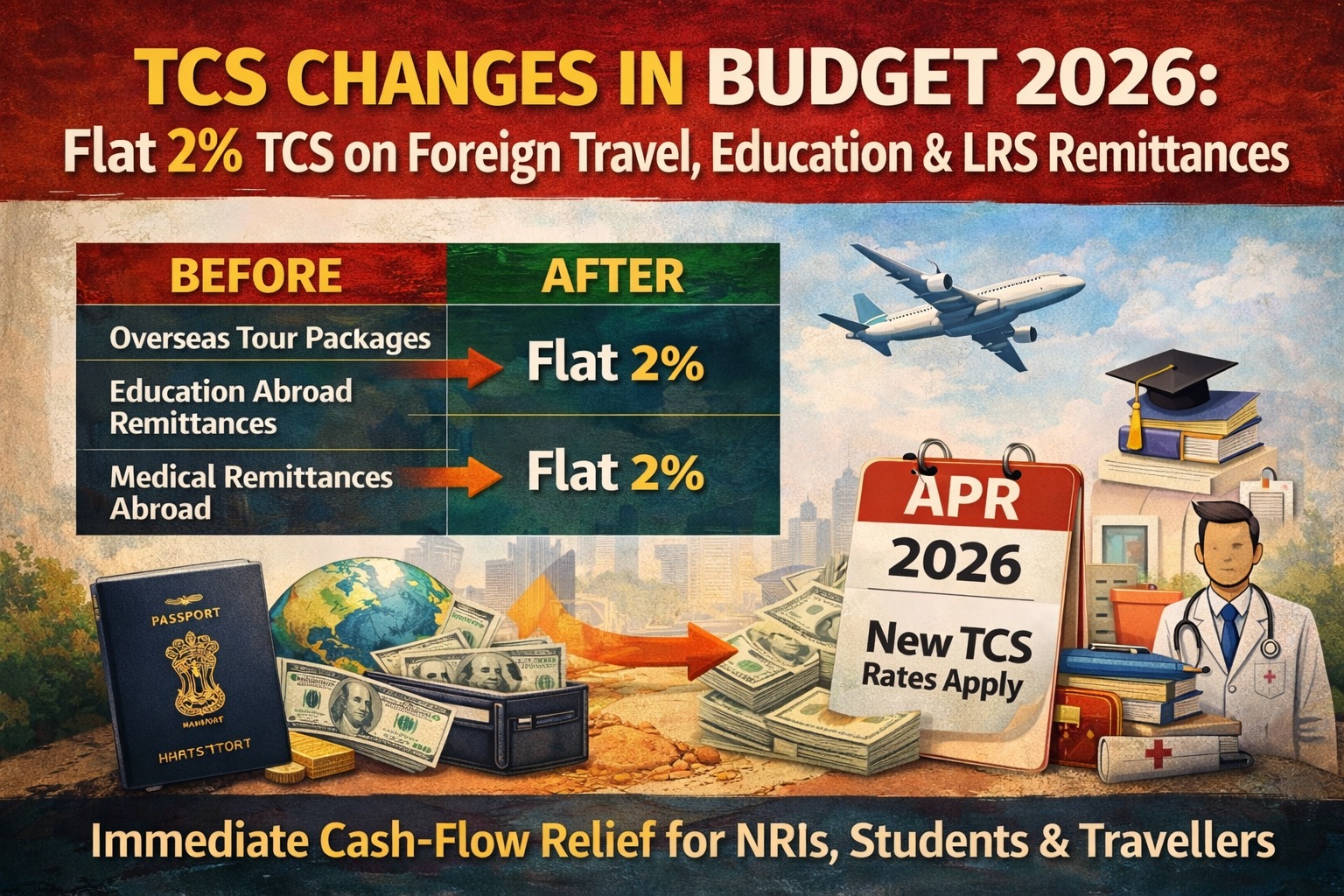 WhatsApp
WhatsApp
 Call Us
Call Us
 Email Us
Email Us
 Whatsapp Community
Whatsapp Community

If you're a U.S. Citizen, Green Card holder, or U.S. Tax Resident and have sold investment or business property in India, you may be subject to capital gains tax in the United States, even though the asset was located abroad.
While Section 1031 of the Internal Revenue Code (IRC) provides an option to defer U.S. capital gains taxes, it comes with very specific limitations — especially for foreign real estate.
This blog summarizes the official IRS Fact Sheet FS-2008-18, outlining how Section 1031 Like-Kind Exchange applies (and doesn’t apply) when you're dealing with sale of Indian property as a U.S. taxpayer.
Typically, when you sell an investment property, the capital gains are immediately taxable. However, under Section 1031, if you reinvest the proceeds into a similar qualifying property, you can defer the taxes until a later sale.
But remember:
This is a tax deferral—not a tax exemption.
Eventually, the deferred gain will be taxed unless another 1031 exchange is carried out again in the future.
The following U.S. taxpayers/entities are eligible for a 1031 like-kind exchange:
Under IRS regulations, U.S. real estate is not considered like-kind to property located outside the United States.
That means:
If you've sold a property in India and are purchasing a new property in the U.S., you cannot use Section 1031 to defer tax in the U.S.
The IRS uses a broad definition for "like-kind" in real estate, but with restrictions:
Qualifying Examples:
Only real estate held for investment or business use qualifies.
There are three primary types of 1031 exchanges recognized by the IRS:
Simultaneous Exchange
Deferred Exchange (Most Common)
Reverse Exchange
Missing these deadlines results in full immediate taxation on the capital gain.
Section 1031 allows you to:
Eventually, when the replacement property is sold in a non-1031 transaction, the deferred gain becomes taxable, along with any appreciation in the new property.
To stay compliant with IRS Section 1031 guidelines, ensure:
You must file Form 8824 – Like-Kind Exchanges with your U.S. tax return.
This includes:
Failure to comply may lead to full gain being taxed in the year of the transaction.
The IRS has flagged common mistakes:
For U.S. Citizens, Green Card holders, and U.S. tax residents, selling real estate in India is not eligible for 1031 exchange if reinvested in U.S. property.
However, if you're exchanging foreign property for other qualifying foreign real estate (and meeting all IRS conditions), a 1031 exchange may still apply.
Be cautious, and always consult a U.S.-India cross-border tax advisor.
At Dinesh Aarjav & Associates, we help U.S. taxpayers with:







Stay in the loop, subscribe to our newsletter and unlock a world of exclusive updates, insights, and offers delivered straight to your inbox.